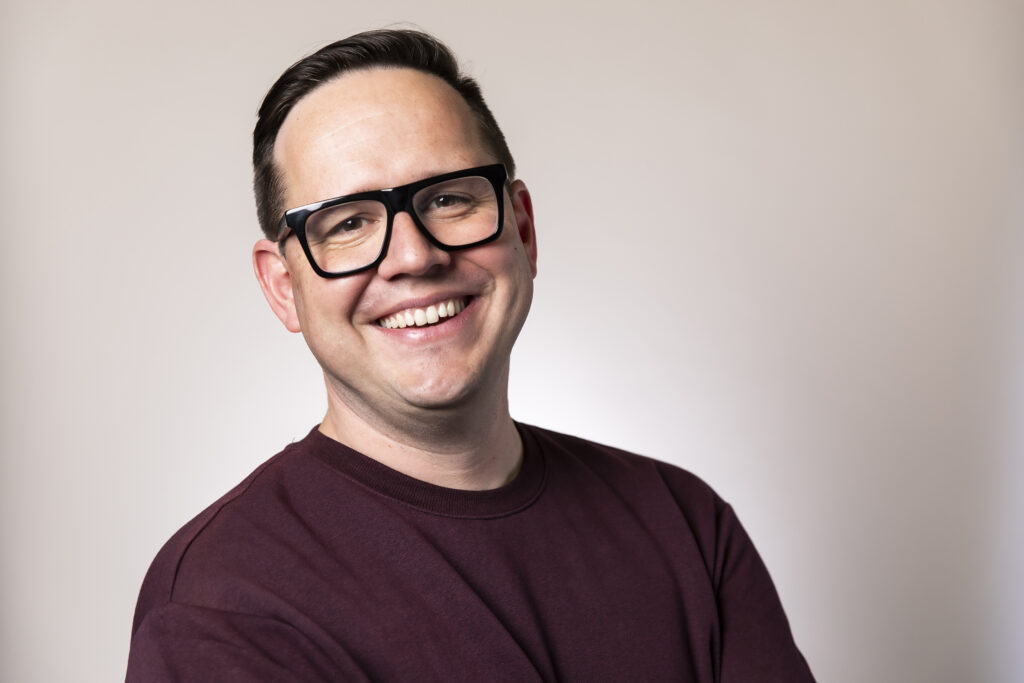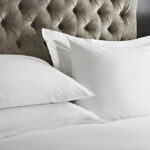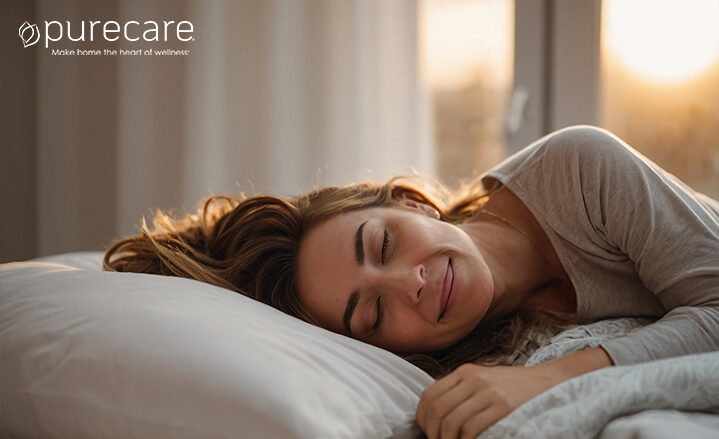The Sleep Geek, aka James Wilson, talks about mouth taping and explores whether it is a miracle sleep hack or a risky wellness fad.
From Chris Evans to Tess Daly—even footballer Erling Haaland—mouth taping has become the latest trend in the world of sleep. The idea? Tape your mouth shut at night to force yourself to breathe through your nose, which is supposedly healthier. But is this backed by science, or just another wellness fad that’s gone viral?
Let’s break it down.
Advocates of mouth taping make some big claims: better sleep, less snoring, even a cure for sleep apnoea. It’s been all over TikTok, in celebrity interviews, and even made it to Dragons’ Den—until the BBC pulled the segment. So, what’s going on?
First up—does it improve your sleep?
Well, the research says… not really. There are no good-quality studies showing mouth taping improves sleep in healthy adults. Most of the positive stories are anecdotal—and often come from people selling the tape.
What about snoring or sleep apnoea?
Here, it gets more complicated. If you snore because you breathe through your mouth, taping it shut might reduce the noise. But that’s not the same as fixing the root cause of your snoring or sleep apnoea. A recent meta-analysis (that’s where researchers review all the available studies) looked at eight studies involving over 200 people. Two studies showed a small improvement in mild sleep-disordered breathing. The other six? No real difference. And none showed that mouth taping cures sleep apnoea—despite what some brands claim.
The safety bit—this really matters.
Yes, nasal breathing is better. But your mouth is your backup breathing route. If you’ve got a blocked nose, or if your breathing stops in the night (as it can in sleep apnoea), you need your mouth. Taping it shut could stop you getting enough oxygen—especially if it’s sealed tight with no way to breathe through your mouth.
There are “safer” versions of the tape—like ones with holes in, or strips that leave gaps—but here’s the catch: they don’t actually stop mouth breathing. So they’re either ineffective or potentially risky.
Bottom line?
Mouth taping isn’t a miracle sleep cure. For most people, it’s probably harmless—but it’s also probably useless. And if you’ve got snoring or suspect sleep apnoea, this isn’t something to DIY with tape. It’s something to get checked out by a professional.
Sleep better by breathing better—but maybe not by sticking tape to your face!
About the Sleep Geek
James Wilson (AKA The Sleep Geek) is a Sleep Educator & Practitioner and founder of kipmate. He is currently the sleep expert on ITV’s This Morning and has worked with the likes of Zurich, Next, Under Armour and West Ham United helping their people kip better. He offers training and certification for retailers, and a certification scheme for sleep products.















